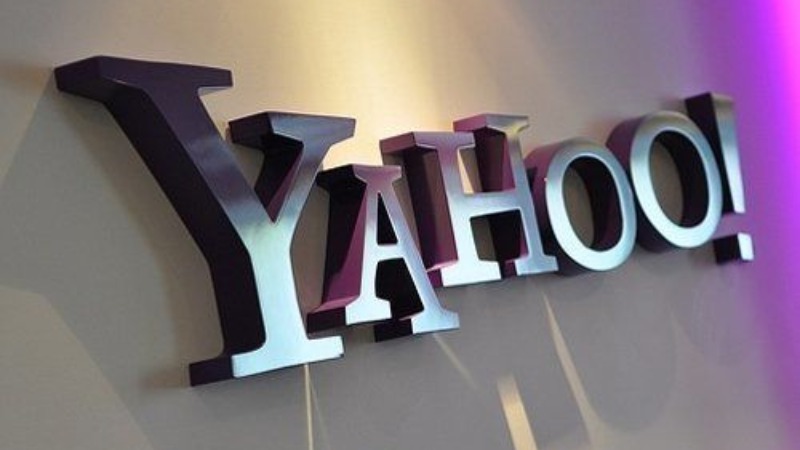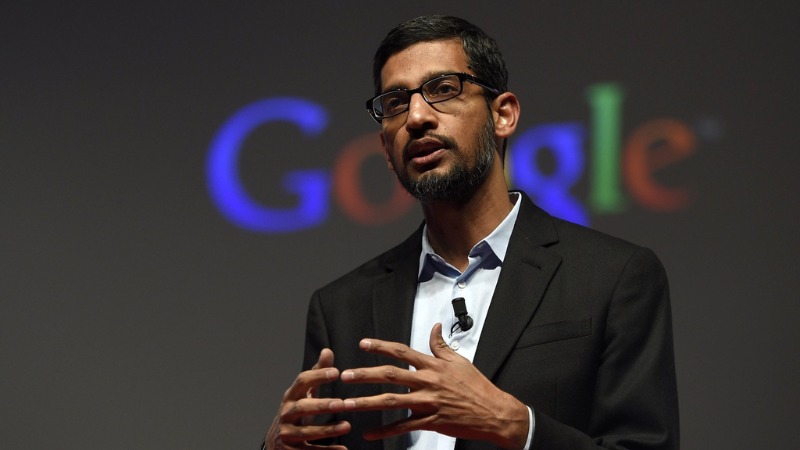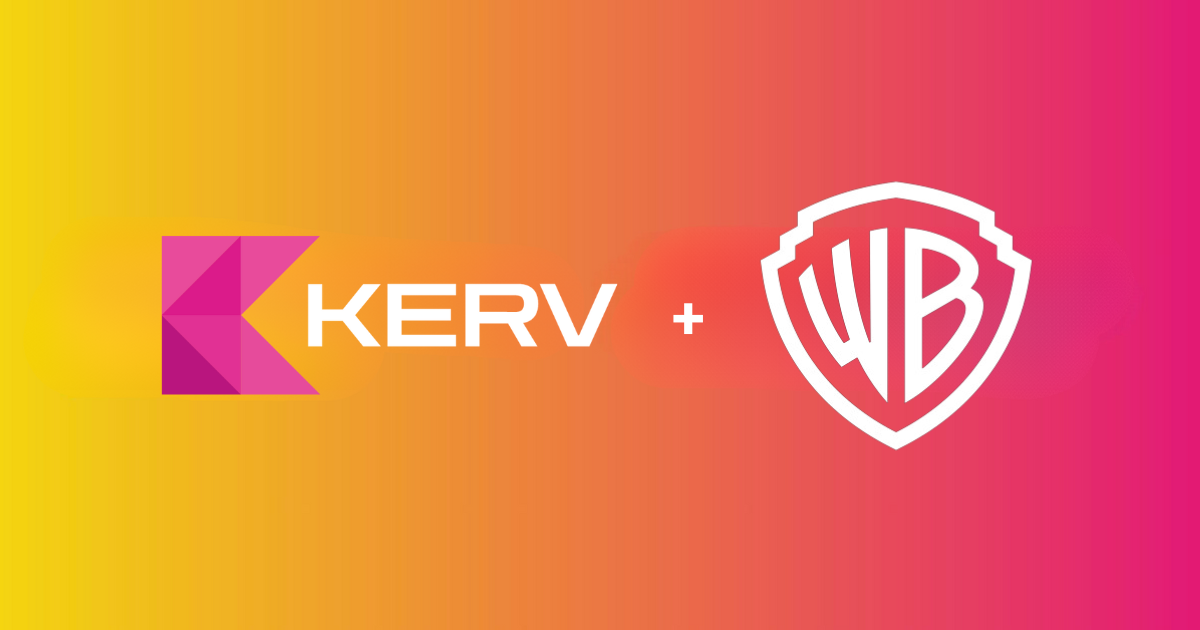Legacy search brand Yahoo has confirmed its interest in acquiring Google’s widely used Chrome web browser, should a court ruling force Google to divest it—an extraordinary scenario that would mark one of the most significant shifts in the internet’s infrastructure since the early 2000s. This revelation came during the fourth day of the U.S. Justice Department’s antitrust remedies trial against Google, which seeks to address what it describes as the company’s unlawful dominance in the search engine market. The trial, which has drawn intense scrutiny from across the tech world, is widely viewed as a bellwether case that could redefine how major tech platforms operate—especially in terms of user access, data control, and digital advertising.
Brian Provost, General Manager of Yahoo Search, testified that Yahoo has been quietly developing a prototype of its own web browser in recent years, signaling an intent to return to a space it once competed in directly. However, he was candid in stating that acquiring Chrome, rather than building from scratch, would offer a far more immediate and impactful route to revitalizing Yahoo’s search presence. Provost emphasized that around 60% of all online search activity originates within a browser interface—typically from the address bar—making browser ownership a key strategic asset. In his words, “controlling the browser is as close as you can get to owning the front door of the internet.”
This observation sheds light on why Chrome, which currently commands over 60% of the global browser market, is viewed as such a coveted asset. If unbundled from Google and made available for acquisition, it would represent a once-in-a-generation opportunity to reshape how users navigate the web—and who controls that journey. While Yahoo has spent the past decade steadily losing market share to Google and Bing, Provost estimated that a successful acquisition of Chrome could push Yahoo’s search market share into the double digits, potentially reversing a long-standing decline.
The financial stakes are equally monumental. Provost acknowledged that such a deal would likely cost tens of billions of dollars, given Chrome’s enormous global user base and strategic significance. However, he confirmed that Yahoo’s parent company, Apollo Global Management, has both the appetite and financial capability to back the purchase. Apollo, a private equity firm with deep roots in the tech and media sectors, is already the owner of several iconic but dormant digital brands, including Netscape—a name that evokes the browser wars of the 1990s. Although Provost clarified that Netscape is not currently an active browser project, its symbolic association with a previous era of antitrust scrutiny adds a historical dimension to the present-day developments.
Interestingly, Yahoo is not alone in eyeing Chrome. Executives from OpenAI and Perplexity also expressed interest during their testimonies, reinforcing just how critical browser access is for companies seeking to compete in the search and AI-driven content delivery space. Meanwhile, DuckDuckGo, the privacy-focused search engine, conceded that while acquiring Chrome is financially unfeasible for them, the company recognizes its outsized influence on user traffic patterns. These testimonies together underscore Chrome’s unique status—not merely as a software tool, but as a strategic gateway that shapes the competitive dynamics of search, digital advertising, and even emerging AI applications.
For Yahoo, the move is more than just a market share grab—it’s a chance at reinvention. Once a titan of the early internet age, Yahoo has struggled for relevance in the face of more agile and better-integrated competitors. Reviving its brand via a major browser acquisition could allow Yahoo to innovate in user experience, search personalization, and advertising delivery in ways that weren’t possible while operating at the margins. The ability to pre-set Yahoo Search as the default engine within a browser used by hundreds of millions globally would fundamentally change the company’s competitive posture overnight.
The broader implications of the trial and Chrome’s potential divestiture are staggering. Google’s current dominance in search is, in part, built on deals that ensure its engine is the default across popular browsers and devices—many of which it owns or heavily influences. Removing Chrome from Google’s ecosystem would disrupt this carefully constructed pipeline, potentially creating a more level playing field for rivals and newcomers. For regulators and antitrust watchers, this outcome would represent a major victory in their effort to curb the power of digital monopolies.
It could also ignite a new era of browser competition. For years, Chrome has steadily eclipsed competitors like Firefox, Safari, and Edge, in part because of its integration with Google’s search and cloud products. A newly independent Chrome, possibly under Yahoo’s stewardship, might introduce greater diversity in feature development, privacy standards, and monetization strategies. Yahoo, for instance, could leverage the browser to surface editorial content, integrate finance tools, and cross-promote its other media properties—all while aligning search with its own ad tech stack. Such integration could help it recapture some of the influence it once wielded as a portal during the early 2000s.
Of course, such a deal would not come without challenges. Migrating Chrome users without triggering significant backlash or attrition would require careful execution. Moreover, Yahoo would need to reassure regulators, developers, and users that it can maintain Chrome’s technical excellence, security standards, and open-source underpinnings. There would also be the question of how advertising is handled—especially if Yahoo seeks to monetize the browser more aggressively than Google has. But the potential upside, especially in terms of search and display ad revenue, could far outweigh the risks.
What’s also striking is how this case has re-centered browsers in the public conversation about tech regulation. For many users, the browser is just a tool. But for tech companies, it’s the gateway to user data, behavior analytics, and ultimately—profit. The court’s decision in the Google antitrust case may redefine what companies can or cannot do with this access, especially if it leads to a mandatory breakup or restructuring. If Chrome does end up on the market, Yahoo’s bold interest signals a possible rebirth not just for itself, but for the entire browser ecosystem.
Ultimately, this moment underscores a deeper truth: browser control equals distribution control, and distribution control equals market power. For Yahoo and other contenders, this isn’t just about buying a browser—it’s about reclaiming a stake in the digital future. As the trial continues to unfold, the tech industry will be watching closely. The outcome may not just reshape Google’s empire, but also determine whether legacy players like Yahoo can mount a legitimate comeback—and whether innovation can flourish in a more diversified, post-Chrome world.
Video:
Author: Raina Vohra











